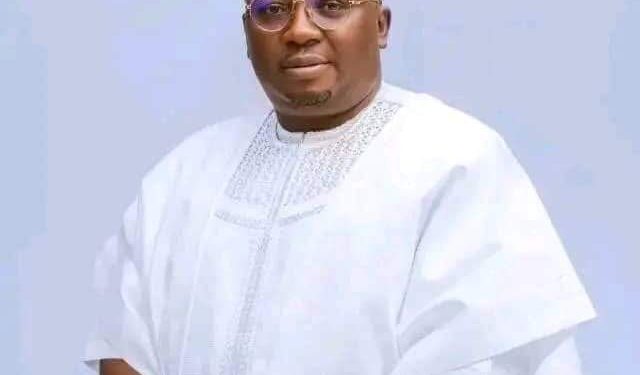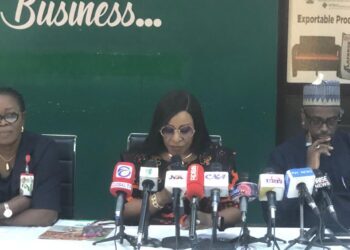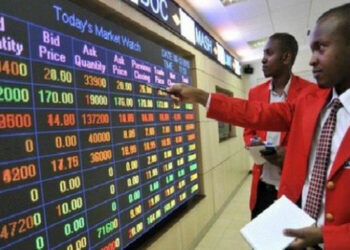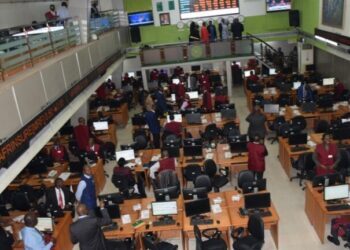It was a mild drama at the national assembly when the Minister of power, Chief Adebayo Adelabu, was bewildered when power went off while he was making presentation in defense of the N344 billion budget for the power ministry.
Lawmakers at the national assembly, both members of the House of Representatives and the Senators had gathered during a joint committee session to hear from the minister why the government should allocate a total sum of N344 billion for the ministry and it’s agencies but while the Minister was speaking in defense of the budget, light went off.
This prompted the Chairman of the Senate committee on power, Eyinnaya Abaribe to say that what the minister has been saying is implicative.
This incident also prompted one of the oldest Senators in the 10th assembly, Francis Adenigba Fadahunsi, to asked the minister of power when Nigeria is going to have stable power supply.
LEADERSHIP reports that the Minister of power, while speaking at a join session of the members of the national assembly, had to pause because of the disruption of the power at around 12:25pm.
Some other lawmakers who were at the committee sitting said Nigeria still have a long way to go when it comes to power generation and distribution.
After the restoration of power at the Senate hearing room 221, the minister of power, Adelabu said they will start operation at the Zungeru power plan this month.
“We hope to get 300 megawatt will be generated,” Adelabu said adding that the N344 billion for the 2024 budget is for all the agencies under the ministry of power.
“Nigeria must be taken out of energy poverty,” Adelabu said adding that 14,000 megawatt of electricity generation is not acceptable.
Adelabu said even with the generation of the 14,000 megawatt, the capacity of transmission is just 8,000 due to poor infrastructure for distribution.
Also, the minister disclosed that out of the number of megawatt of power generated, about 40 percent is lost during tranpotation as a result of weak infrastructure.
“When you transport power, you loose a percentage. The average is five percent but in Nigeria, we loose up to 40 percent of the power we generated because of poor infrastructures,” Adelabu said.
Minister Adelabu, while explaining why they did not captured the Mambila power project in the 2024 budget, said it is under international arbitration adding that they can’t touch it.
“The same reason why it was not captured in the old budget is the same reason it was not added in the 2024 budget,” he said.
According to Adelabu, for Nigeria to get stable and constant power supply, Nigeria must invest so much on infrastructure.
“We need to invest so much in power transport infrastructure. When this power get to the infrastructure, many of it get lost because majority of our houses are not metered,” Adelabu said, adding that when it comes to power distribution, the states must be involved. The Discos must be monitored by the host community,” Adelabu said, adding that the budget will address the lingering issues.











